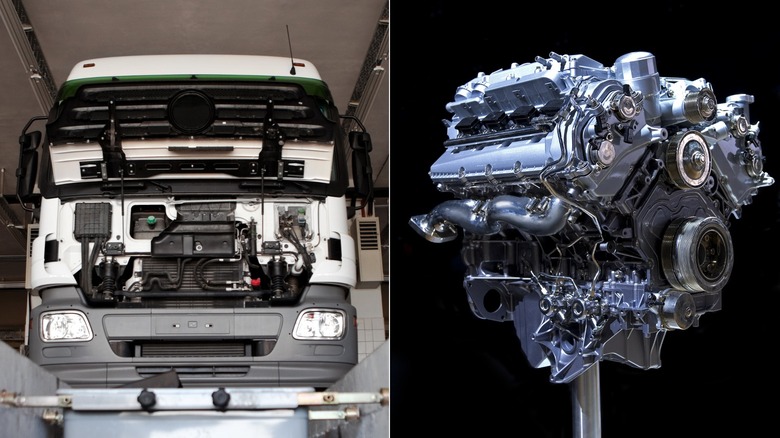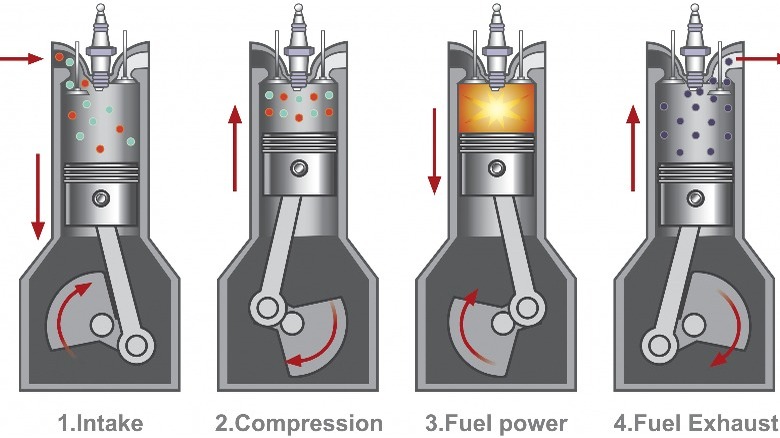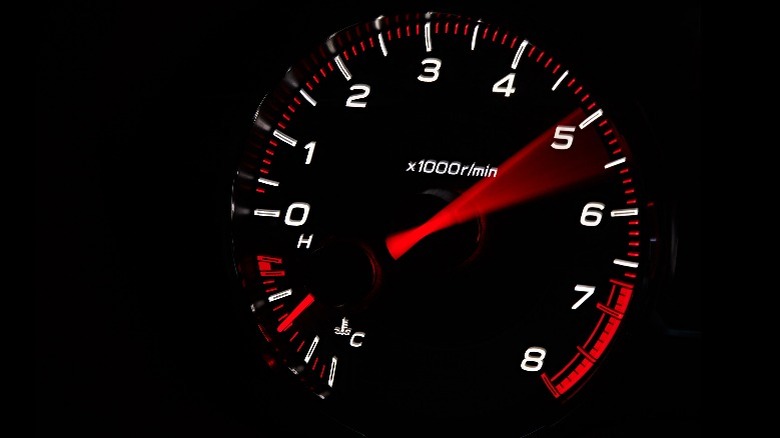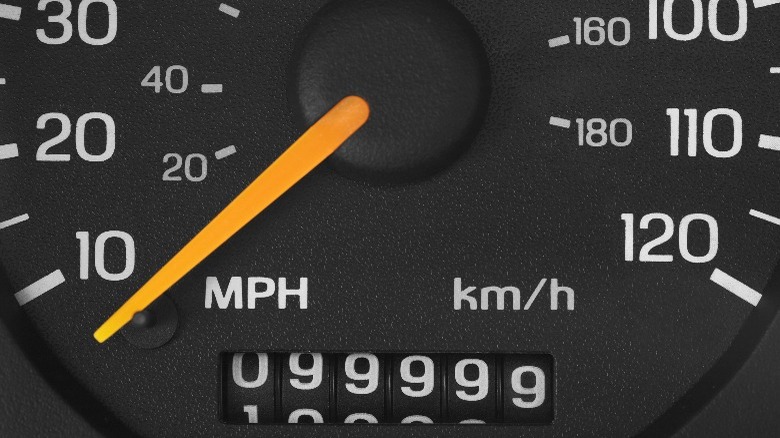How Durable Are Diesels Compared To Gas Engines?
When choosing between a gasoline or diesel engine, one critical question to ask is about durability. You may have associated diesel engines with platforms that need a lot of power and gasoline with speed. Rightfully so — because diesel engines have more torque while gasoline leans more toward horsepower. As you may have already guessed, the engine that produces more torque is built to be more durable.
Diesel engines may be designed with stronger components, but there are other reasons why a diesel engine will outlast a gas-powered one. Some stem from the nature of diesel versus the nature of gasoline and the inherent peak RPM differences between these two power plants. If the initial cost wasn't an issue and you want an engine that would last as long as possible, you might be better off going for a diesel as long as it's not overkill for your demands.
We'll be breaking down in more detail why there's a difference in the durability of the engines. Most of it comes down to two words: "compression ratio." Once you understand why it's important, we'll explain how diesel as a fuel and RPM play a role.
It's all about the compression ratio
Both diesel and gasoline are what we call four-stroke engines. This means the piston moves across the cylinder four times to complete a cycle. The first stroke is an intake stroke, then comes a compression stroke, followed by combustion and exhaust. However, the difference between gasoline and diesel is that a gasoline engine needs spark plugs to combust. Meanwhile, a diesel engine uses the compressed air from the compression stroke for spontaneous combustion.
More compression means more power. Diesel engines get more compression because diesel is less prone to premature ignition. This allows the piston to travel further and the cylinders to be built taller, generating more power and torque from the combustion stroke. When you compare the space in the cylinder when the piston is at the bottom of its stroke to when it's at the top of its stroke, you get the compression ratio (CR).
So, a 10:1 CR means that the volume in the cylinder when the piston is at the Bottom Dead Center (BDC) is 10 times that at the Top Dead Center (TDC). Diesel engines typically have a compression ratio between 15 and 20, while gasoline has 8 to 10.
Because diesels have a high compression ratio, their engines need stronger, heavier components, favoring gray cast iron instead of steel. Combined with how far the piston must travel, these components make diesel engines slower, but it translates to more power and greater durability.
Lower RPMs and diesel's characteristics
Remember how diesel engines are slower? Well, that's good for durability. The pistons in a diesel engine travel a greater distance than the ones in a gasoline engine, resulting in more torque but lower engine rotations per minute (RPM). This reduced number of engine rotations means less wear. As a result, the engine's components will last longer because they get less strain per hour than gasoline engines. RPM is the lifespan of an engine, that's why consistently running your car on high RPMs is a bad habit that may be ruining the engine.
Let's also examine the fuel types here. Diesel is less volatile, less flammable, and more oily than gasoline. In fact, diesel engines are built so diesel lubricates the components it passes through, improving the overall longevity of the fuel system and, by extension, the engine.
Conversely, gasoline has more solvent properties than lubricity and will dissolve oils and finishes. Therefore, the inherent characteristics of the fuel type don't favor gasoline. Modern gas-powered engines are designed with this in mind, so it's not necessarily a disadvantage—but it's not an advantage either.
How long does a diesel engine last compared to gasoline?
Now that we know that diesels are more durable, the next question is how much longer they last? Using cars as an example, a modern gasoline engine is expected to reach the end of its life after 200,000 miles — with a decent maintenance schedule. However, the average lifespan of a diesel engine should be double that with proper maintenance. It's not unheard of for diesel trucks to reach over 500,000 miles.
This difference in lifespan is not just theoretical but is evidenced by the common practices within industries that rely heavily on vehicles for their operations. For instance, commercial transportation and heavy-duty industries often opt for diesel engines because of their longevity and reliability over long distances and under demanding conditions.
The longevity of diesel engines can bring better resale value. It's worth noting, however, that the superior lifespan of diesel engines comes with the caveat of typically higher maintenance and repair costs, particularly due to the complexity of modern diesel emission systems. Despite these costs, the extended service life and robustness of diesel engines often justify the initial investment for many users, especially those in sectors where reliability and durability are paramount.



